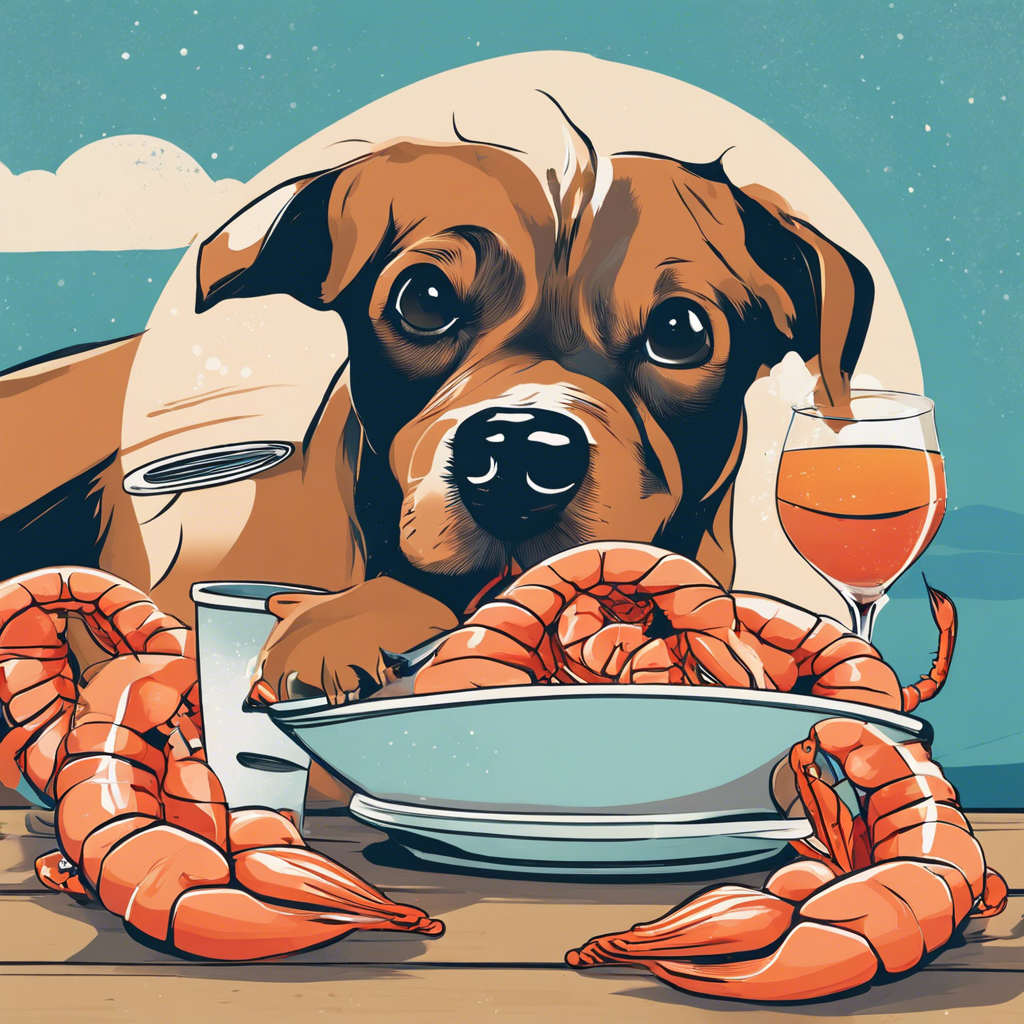Is your furry friend eyeing the shrimp on your plate, wondering if they can join in on the seafood feast? You might be tempted to share this tasty treat with your canine companion, but it’s important to approach this culinary delight with caution. While shrimp can be a healthy and tasty addition to your dog’s diet in moderation, there are essential considerations to keep in mind. So, can dogs eat shrimp? The answer is yes, but with a few crucial guidelines.
First, let’s explore the benefits. Shrimp is a good source of protein, providing essential amino acids that support muscle health and overall growth in dogs. Additionally, it contains omega-3 fatty acids, which promote a healthy coat and skin. The antioxidants in shrimp, such as astaxanthin, offer anti-inflammatory properties, potentially reducing the risk of certain diseases. These nutrients are particularly beneficial for senior dogs or those with joint issues.
However, before serving shrimp to your four-legged friend, there are some precautions to take. One of the primary concerns is food safety. Raw shrimp can carry harmful bacteria, such as Salmonella or Vibrio, which can lead to food poisoning in both dogs and humans. Always cook the shrimp thoroughly to minimize this risk. Avoid adding any seasonings, especially garlic and onion, as these can be toxic to dogs.
Another consideration is allergies. Just like humans, dogs can be allergic to shellfish, including shrimp. If you’re introducing shrimp to your dog’s diet, start with a small amount and monitor for any adverse reactions. Symptoms of an allergic reaction may include itching, swelling, vomiting, or diarrhea. If you notice any of these signs, consult your veterinarian immediately.
When preparing shrimp for your dog, remove the shell and tail, as these can be choking hazards. The shell can also be difficult for dogs to digest and may cause digestive upset. Smaller pieces are easier for your dog to chew and digest, reducing the risk of choking or gastrointestinal issues.
In conclusion, while shrimp can be a nutritious and enjoyable treat for your dog, it should be given sparingly and with caution. Always prioritize food safety, be vigilant for potential allergies, and prepare the shrimp appropriately. By following these guidelines, you can share the occasional shrimp-based treat with your canine companion, ensuring their health and happiness. So, next time you’re indulging in a seafood feast, you can include your furry friend, but remember, moderation is key!




